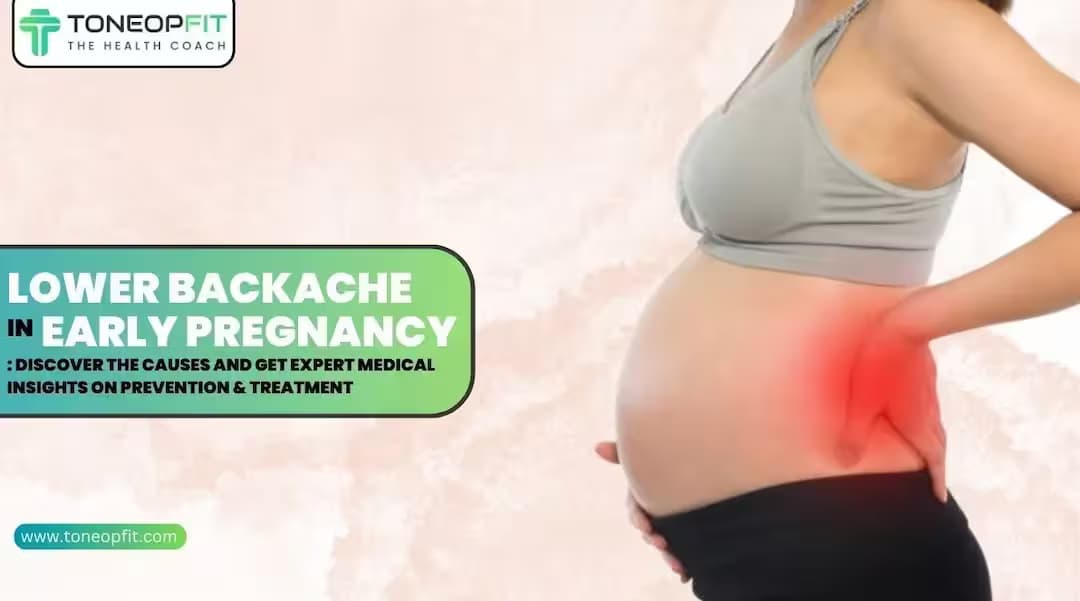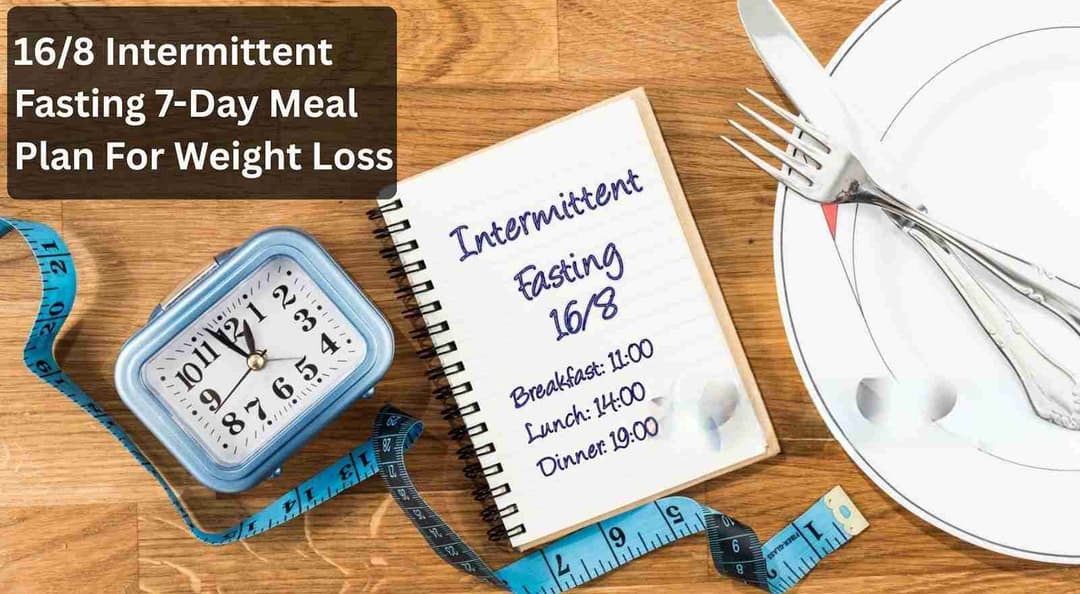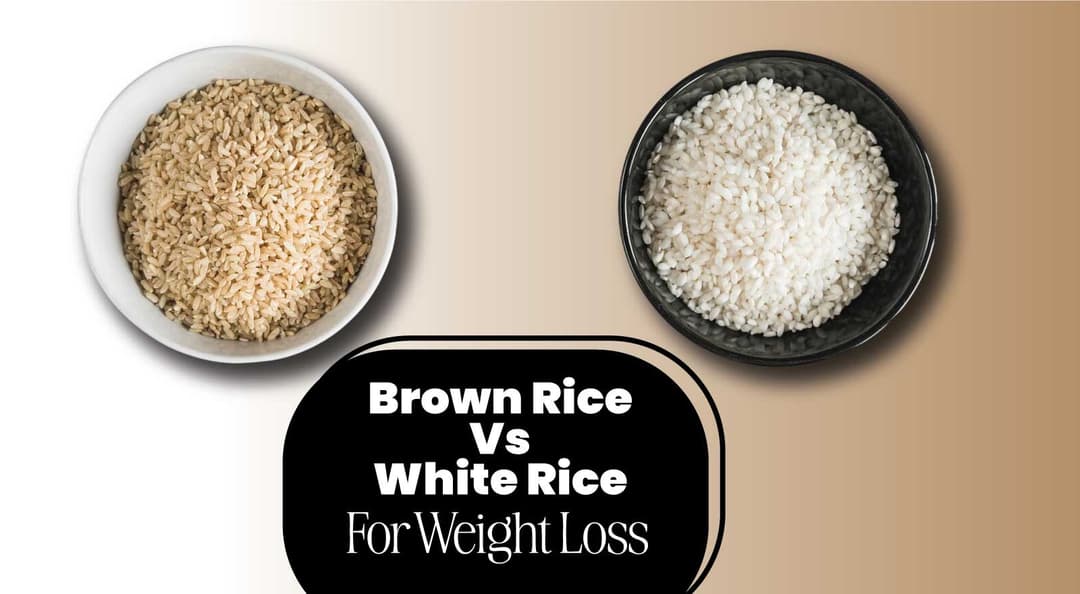Lower backache in early pregnancy is something many women experience, and it can be confusing. Did you know that about 50% of pregnant women feel some form of low backache in early pregnancy? This pain can start as early as two weeks into pregnancy. It happens because your body is changing quickly. Hormones are working hard to prepare your body for the baby, which can make your muscles and joints feel loose and achy.
You might wonder, when does back pain start in pregnancy? For many, it can begin in the first trimester, even before you see a baby bump! Some women even ask, is back pain a sign of pregnancy in 1st week. While it can be a sign, it’s not the only one. Other signs include missed periods and fatigue.
In this blog, we will look at the causes of lower back pain in early pregnancy and share expert medical insights on how to prevent and treat it. Understanding these changes can help you feel more comfortable and prepared for your journey ahead!
Table Of Contents
- About Lower Back Pain In Early Pregnancy 2 Weeks
- When Does Back Pain Start In Pregnancy?
- What Are The Causes Of Low Backache In Different Phases Of Pregnancy?
- Is Back Pain A Sign Of Pregnancy 1 Week?
- Low Backache In Early Pregnancy: Treatment & Prevention
- Expert’s Advice
- The Final Say
- FAQs
- References
About Lower Back Pain In Early Pregnancy 2 Weeks
Pregnancy is the most beautiful feeling for women. On the one hand, you become a completely different person and embrace life; on the other hand, you have to face pain and discomfort that you didn't even know existed, like low backache in early pregnancy.
Sometimes it is very joyful to know about new changes, but sometimes it can also be very painful. One of the most common experiences nowadays is back pain, which most pregnant women face. According to research, more than two-thirds of women complain of lower back pain during pregnancy. Many factors can cause back pain during pregnancy, including hormonal and postural changes. The causes vary among women and may depend on the stage of pregnancy.
But most often, with back or back pain during pregnancy, especially in the early stages, the ligaments in your body naturally soften and stretch to prepare you for labour. Back discomfort may result from this strain on the pelvic and lower back joints. The good news is that there are many ways to relieve low backache in early pregnancy and prevent it from getting worse. Let us find out how further.
Also Read: Does Your Back Feel Tense? Try 6 Targeted Exercises For Upper Back Pain Relief And Hacks To Cure It!
When Does Back Pain Start In Pregnancy?
According to studies, lower back pain often first manifests during the fifth and seventh month of pregnancy, while it can occasionally begin as early as the eighth or twelfth week.
Between 50 and 80 percent of pregnant women report experiencing back discomfort at some point throughout their pregnancy. It can range from moderate discomfort brought on by particular activities to severe pain that develops into a chronic condition. Ten percent or so of the time, the discomfort gets bad enough to make it difficult to work or carry out daily tasks while pregnant.
Women with pre-existing lower back problems like anterior pelvic tilt are at higher risk of back pain, and their pain may appear earlier in pregnancy. Also, you are more likely to experience low backache in early pregnancy if you:
- You have had lower back pain before
- You had back pain in your previous pregnancy.
- You are overweight or obese.
- You don't exercise regularly or spend a lot of time sitting or lying down.
- You do a lot of physical work.
Also Read: 3 Beginner-Friendly Back Strengthening Exercises with Practical Tips to Support a Weak Back
What Are The Causes Of Low Backache In Different Phases Of Pregnancy?
The other common causes of back pain in pregnancy are:
1. During Early Pregnancy
There are many contributors to low backache in early pregnancy. For some women, this is actually an early sign of pregnancy. If you experience back pain in the first trimester, there could be several culprits.
Increase In Hormones
During pregnancy, your body releases hormones that help the ligaments and joints in your pelvis soften and relax. This is important for the birth of your baby later in pregnancy. But hormones don't just work in your pelvis. They move throughout your body and affect all your joints. In the first trimester of your pregnancy, this softening and loosening can directly affect your back. You will often feel it in the form of pain.
To manage this hormonal barrage, you can follow a well-planned diet for hormonal imbalance.
Stress
Stress can contribute to back pain whether you are pregnant or not. Tension and soreness in the muscles are exacerbated by stress, particularly in weak spots. Your back may suffer from mild anxiety related to your job, family, pregnancy, or anything else if hormones are already causing damage to your joints and ligaments. Do stress relief workouts or yoga for stress management to reduce the side effects of stress in the body.
Anxiety
Many people consider pregnancy to be a life-changing experience, but it also brings with it new challenges like anxiety regarding the new role and the future. This anxiety does not only affect a person's mood or psychological state but also their physical well-being. During the stressful period of pregnancy, you may notice an increase in back pain and feel more anxious during certain situations which you often deal with normally.
Muscle Separation
As the uterus expands, the two parallel layers of muscle that run from the ribcage to the pubic bone can separate along the central seam. This separation can result in worse back pain.
2. During The Second And Third Trimesters
Additional variables may contribute to the worsening of your back discomfort as your pregnancy goes on.
Shifting Center Of Gravity
Your center of gravity moves forward as your tummy becomes bigger. Your posture may alter as a result, which may have an impact on how you move, sit, stand, and sleep.
Poor posture, standing too long and bending forward can cause or worsen back pain. In light of this, do exercises to improve your posture under supervision.
Gaining Weight
Your back also has to support your baby's growing weight, which can strain your muscles. Add to that poor posture and back pain is almost inevitable. Women who are overweight or have suffered from back pain before pregnancy are more at risk of back pain during pregnancy.
Also Read: What Is The Ideal Body Weight For Women? Know Here!
Is Back Pain A Sign Of Pregnancy In 1st Week?
Yes, lower back pain can be a sign of early pregnancy. As the uterus grows and shifts, the abdominal muscles relax and stretch, changing the person's centre of gravity. Abdominal muscles support the back, and these changes can stress the joints and muscles of the back. These changes can also affect posture and further stress the joints and muscles.
In addition, the body releases pregnancy hormones that loosen the ligaments in the pelvic joints to make them more flexible. When joints become too loose, they can contribute to lower back pain. Since a person's abdominal muscles are stretched and weakened during pregnancy, the risk of injury during exercise is also higher than usual.
Low Backache In Early Pregnancy: Treatment & Prevention

Low backache in early pregnancy is very common and usually not serious. While it may not be completely preventable, there are certain changes you can make to reduce the severity or frequency of back pain. Some treatments for back pain include:
| Exercise |
|
| Heat and Cold Compression |
|
| Improve Your Posture |
|
| Counselling |
|
| Medications |
|
| See A Professional |
|
Also Read: 5 Effective Physiotherapy Exercises For Lower Back Pain Relief
Prevention
While these treatments can help reduce low backache in early pregnancy symptoms, making a few minor lifestyle adjustments can also help stop the onset or exacerbation of back pain. Some of the changes are:
- If you need to pick something up off the ground, squat instead of bending.
- Avoid sleeping on your back.
- Elevate your legs often, especially when sitting for long periods of time.
- Wear a support belt or a support hose if necessary.
- Sit with your back straight, arms supported, and use a firm pillow.
- If you are working on your legs, place one foot on a low stool and release pressure on your lower back.
- Avoid lifting heavy weights. If you must lift heavy weights, do so with a wide stance; bend at the knees and lift the weight with your arms and legs, not your back.
- Wear the right footwear. Experts recommend wearing shoes with a 2-inch heel to keep your body in proper alignment.
- Think positive thoughts. A calm mind puts less strain on your back. Try some prenatal yoga exercises to relax your mind and body.
- Soothe strained muscles with a cold compress followed by a warm compress in 15-minute intervals.
- Take a warm shower or set the shower head to an intermittent pulsating setting to massage your back.
- Get a massage from a masseuse who knows you are pregnant and is trained in the art of prenatal massage.
- If you did not experience chronic back pain before pregnancy, it is most likely that your pain will gradually subside before the birth.
Also Read: Try 7 Targeted Middle-Back Workout Exercises At Home With Training Tips!
Expert’s Advice
Back pain is a common side effect of pregnancy for most women. It is often associated with increased hormones and stress during the first trimester. You can minimise low backache in early pregnancy by avoiding excessive standing, wearing supportive shoes, and focusing on good posture. You probably won't be able to completely eliminate back pain, but you don't have to suffer. For relief, use ice packs and, if possible, a prenatal massage glass.
Health Expert
Lavina Chauhan
The Final Say
A lower back ache could be a sign of early pregnancy. The uterus expands during pregnancy, which can weaken the abdominal muscles and lead the body to release a hormone that loosens the ligaments in the pelvic joints.
This can lead to low backache in early pregnancy, putting stress on the joints and muscles of the back. The pain may be sharp, burning, or radiating and may be permanent or temporary. If a person has other signs of early pregnancy, such as missed or light periods, fatigue, nausea, and mood swings, they should take a pregnancy test or contact a doctor.
FAQs
1. When should I worry about back pain during pregnancy?
If your pregnancy-related back discomfort is severe, persists longer than two weeks, or is accompanied by additional symptoms like bleeding or fever, you should be concerned. Always speak with your physician if you have any worries.
2. Is it normal to have back pain during pregnancy?
Yes, it is normal to have back pain during pregnancy, especially as your body changes. About 50-70% of pregnant women experience some form of back pain.
3. Can the baby's position cause back pain?
Yes, the baby's position can cause back pain. As the baby grows and shifts positions, it can put extra pressure on your back and pelvis, leading to discomfort.
References
- https://www.ckbhospital.com/specialities/gynaecology/back-pain-during-pregnancy-in-hindi/
- https://www.medicoverhospitals.in/hi/articles/manage-your-back-pain-during-pregnancy
- https://ckbirlahospitals.com/rbh/blog/back-pain-during-pregnancy-causes-treatment-in-hindi
- https://www.medicalnewstoday.com/articles/is-lower-back-pain-a-sign-of-pregnancy#summary
- https://www.lifespan.org/centers-services/multidisciplinary-obstetric-medicine-service-moms/back-pain-pregnancy
- https://www.babycenter.in/a1050302/%E0%A4%97%E0%A4%B0%E0%A4%AD%E0%A4%B5%E0%A4%B8%E0%A4%A5-%E0%A4%AE-%E0%A4%95%E0%A4%AE%E0%A4%B0-%E0%A4%94%E0%A4%B0-%E0%A4%AA%E0%A4%A0-%E0%A4%A6%E0%A4%B0%E0%A4%A6
About ToneOp Fit
ToneOp Fit is a platform dedicated to improving and maintaining good health through a comprehensive range of goal-oriented health plans with up to 3 Coach support. With a range of Weight Management, Medical Condition, Detox Plans, and Face Yoga Plans, the app also provides premium health trackers, recipes and health content. Get customised diet, fitness, naturopathy & yoga plans and transform yourself with ToneOp.









































